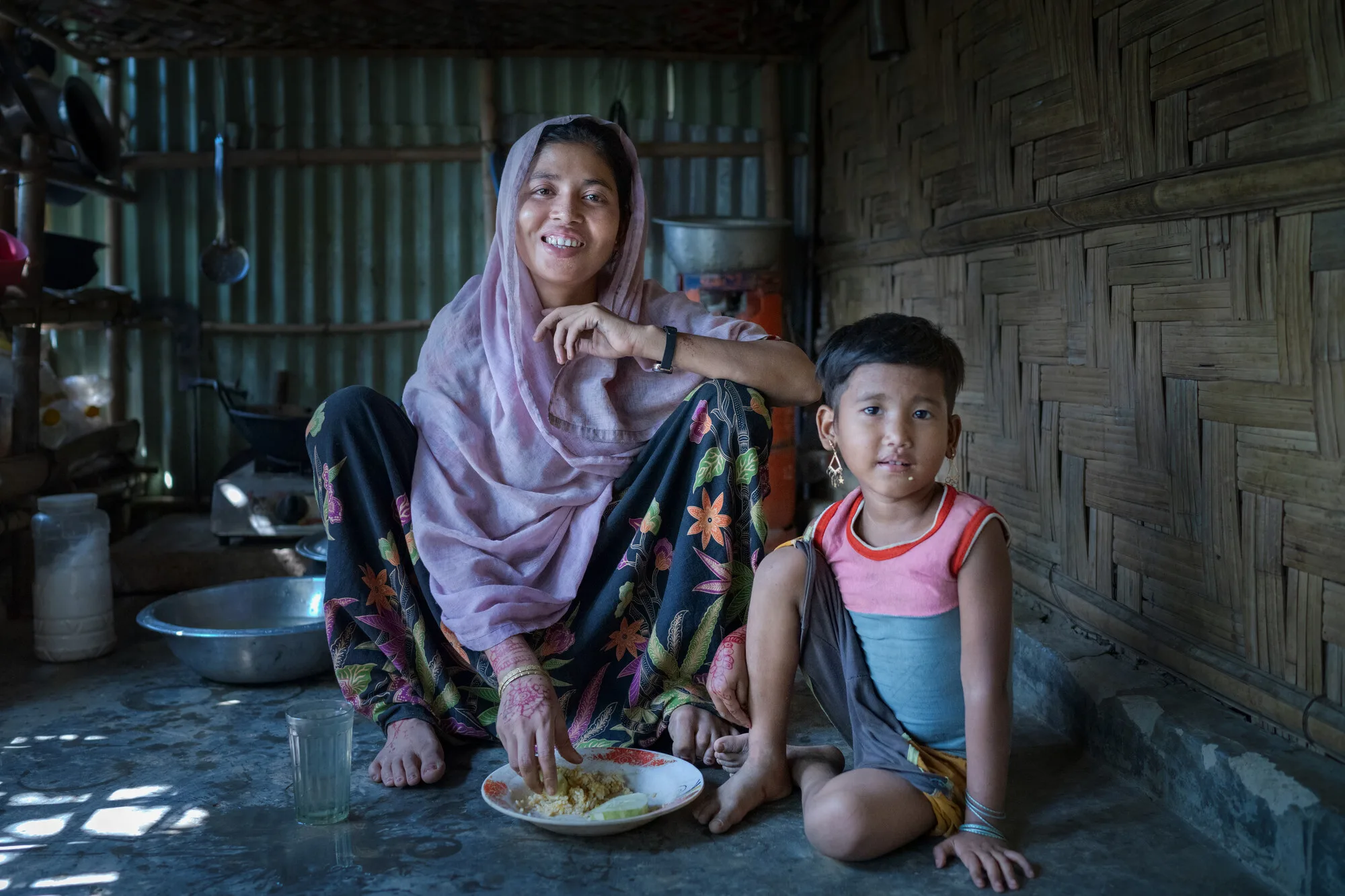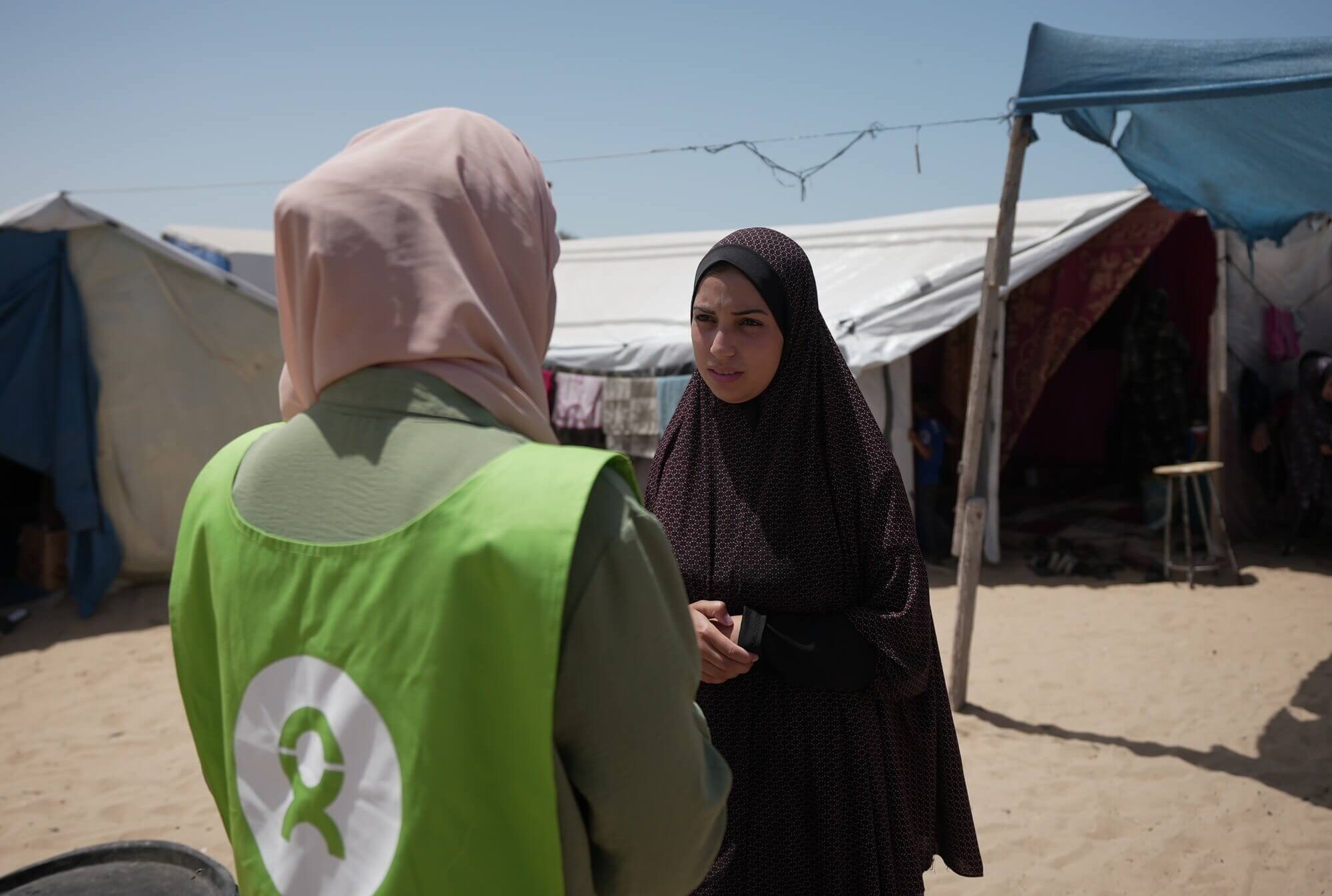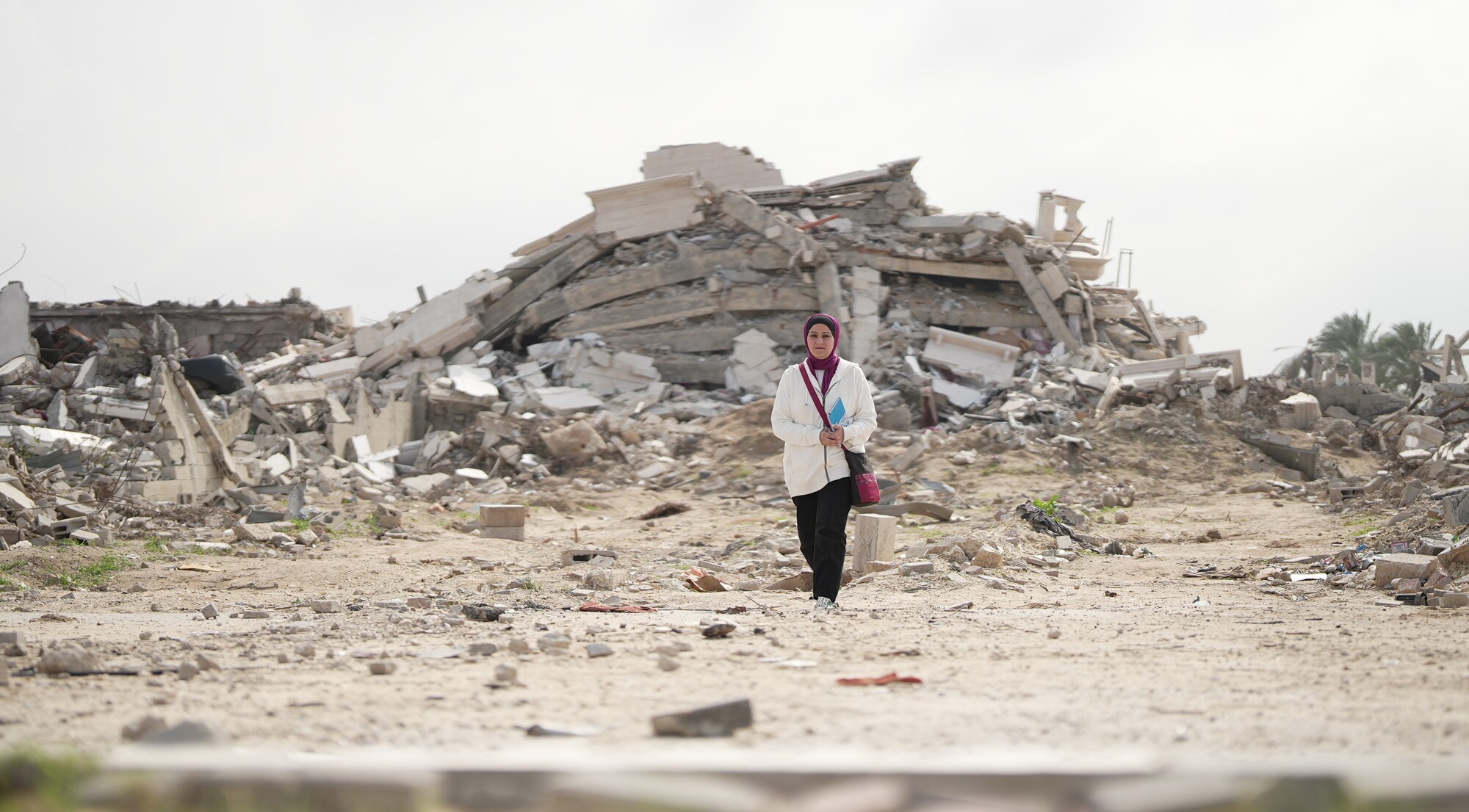In 2012, the Sahel region of West and Central Africa was once again hit by a severe food crisis, affecting over 18 million people. At the start of 2012, when the crisis began to unfold, many governments, donors and aid agencies were determined not to make the same mistakes that had occurred in previous crises in the region.
While the 2012 response was bigger and, in many respects, better than responses to previous crises, there were still significant shortcomings that we need to address if we are to break the deadly cycle of continuous vulnerability in the Sahel. Technical, financial and political barriers prevented West African governments from effectively leading the response. Mixed messages about the severity of the crisis meant unnecessary delays in responding. Money from donors still didn’t come fast enough. As a result, millions of people still did not get the help they needed.
Change can and must be achieved. 2013 provides a critical opportunity for a breakthrough. The first priority is to recognise that the crisis is not over: as of April 5, the UN appeal for 2013 was just 24 per cent funded.
The international community needs to take urgent action to deliver aid that is swift, sufficient and sustained. Secondly, all of those involved must commit to getting better at preventing and managing future crises – especially through building the resilience of communities to withstand and thrive despite repeated shocks, stresses and uncertainty.
Ultimately, governments, donors and aid agencies must also tackle the inequalities that lie at the heart of crises present and past, which make some people much more vulnerable than others.
Oxfam thanks Action Contre la Faim and Save the Children for their contribution to the report.
What you can do:
Read the new Oxfam report “Learning the Lessons? Assessing the response to the 2012 food crisis in the Sahel to build resilience for the future”
Check out Oxfam’s photo gallery: 2012 Sahel food Crisis
Tweet about #Learningthelessons #Sahel2013
- In the wake of 2012 food crisis, we need a radical shift in efforts to tackle hunger in #Sahel http://ht.ly/k75Ay
- Photo of the day: Many families affected by 2012 Sahel food crisis resorted to digging for gold http://ht.ly/k73Dh #Sahel2013
- How to build #Sahel’s resilience: support small-scale #ag, food reserves, social protection and address undernutrition http://ht.ly/k75Ay


